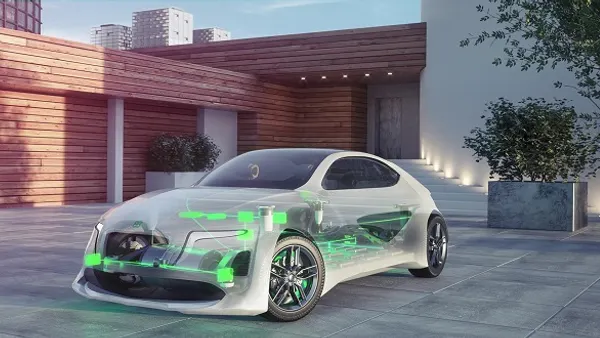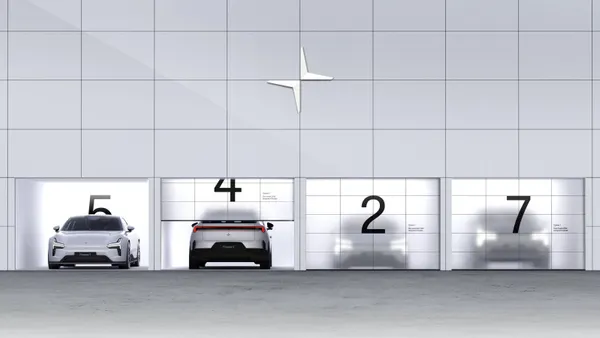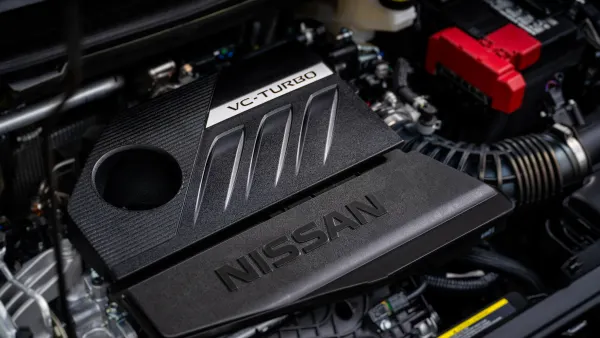Regulators in Germany open an investigation into alleged diesel exhaust gas manipulation by BMW following claims it used an illegal defeat device to achieve significantly lower tailpipe emissions for certain models.
At the center of the probe by Germany’s federal transport authority, the Kraftfahrt-Bundesamt (KBA), is a software program from the BMW X3 2.0d, a model fitted with a turbocharged 2.0L diesel 4-cyl. used across the German automaker’s lineup.
BMW is alleged to have manipulated the action of the emission control unit by specifically optimizing the filtering of exhaust gases during test conditions to provide the X3 2.0d with a much lower emission certification than that achievable in on-road conditions.
The KBA investigation was opened following earlier research carried out by German environmental watchdog Deutsche Umwelt Hilfe (DUH), which says the BMW X3 2.0d (pictured, below) uses an illegal defeat device that allows it to emit significantly lower nitrogen oxide emissions when, among other factors, the air conditioning is switched off.
Switching off the air conditioning during testing is a common practice among automakers, though in BMW’s case, it is claimed to have a much more significant effect on lowering emissions than that detected for others. This has led to the suspicion that it is linked to an impermissible altering of the action of the emission control unit to provide the X3 2.0d with a manipulated or falsified emission certification.
Findings published by the DUH in June 2023 claim the software program in the engine management system of the X3 2.0d reduces the effect of exhaust gas filtering or completely deactivates it in certain conditions not present in the official test: In real-world driving with the air conditioning switched on, at higher engine speeds and at an ambient temperature below 18° C (64° F), emissions are virtually not filtered at all, the watchdog says.
“More than seven years after the diesel scandal became known, we find the highest nitrogen oxide emissions we have ever measured in diesel vehicles during real driving and discover defeat devices in the engine control software,” DUH CEO Jürgen Resch says.
The alleged use of air conditioning to alter the emission controls is the latest ploy used by German automakers to achieve lower emissions during emissions certification testing.
An earlier investigation by the KBA into Audi found it used a steering wheel sensor to achieve a similar effect on exhaust gas filtering as the switching off of the air conditioning on BMW models.
Volkswagen Group, Mercedes-Benz and FCA (now Stellantis) have all been found guilty of using illegal defeat devices to manipulate emissions during certification testing.
The first of these offenses was by Volkswagen Group when the U.S. EPA found VW guilty of violating the Clean Air Act. Testing found that VW had programmed its emissions control devices during certification testing, but not during operation of the vehicles. VW did this to improve the performance aspects of its TDI diesel vehicles in real-world driving. The subsequent recalls, vehicle replacements, fines and legal settlements cost the German automaker more than $33 billion and cost then-CEO Martin Winterkorn his job.
The scandal also essentially killed demand for diesel passenger cars in the U.S. In Europe, market share of diesel vehicles has dropped from 55% in 2011 to 30% today. The EU has banned the same of new gasoline and diesel cars by 2035.
BMW denies the DUH claims but is working with the KBA in an attempt to clear the allegations.
In its 2023 half-yearly report, BMW says it is “in contact with two authorities in Europe to clarify inquiries regarding emission behavior that arose in the context of market surveillance concerning measurement results for a BMW model produced between September 2010 and March 2014.”
BMW says it will not provide any details or comment while the KBA investigation is still ongoing, though reports indicate it is attempting to dismiss the matter as a “production defect.”
In a statement made after earlier allegations, former BMW CEO Harald Krueger said: “We did not manipulate the vehicles. We have clean diesel, and they are the best in the world.”








